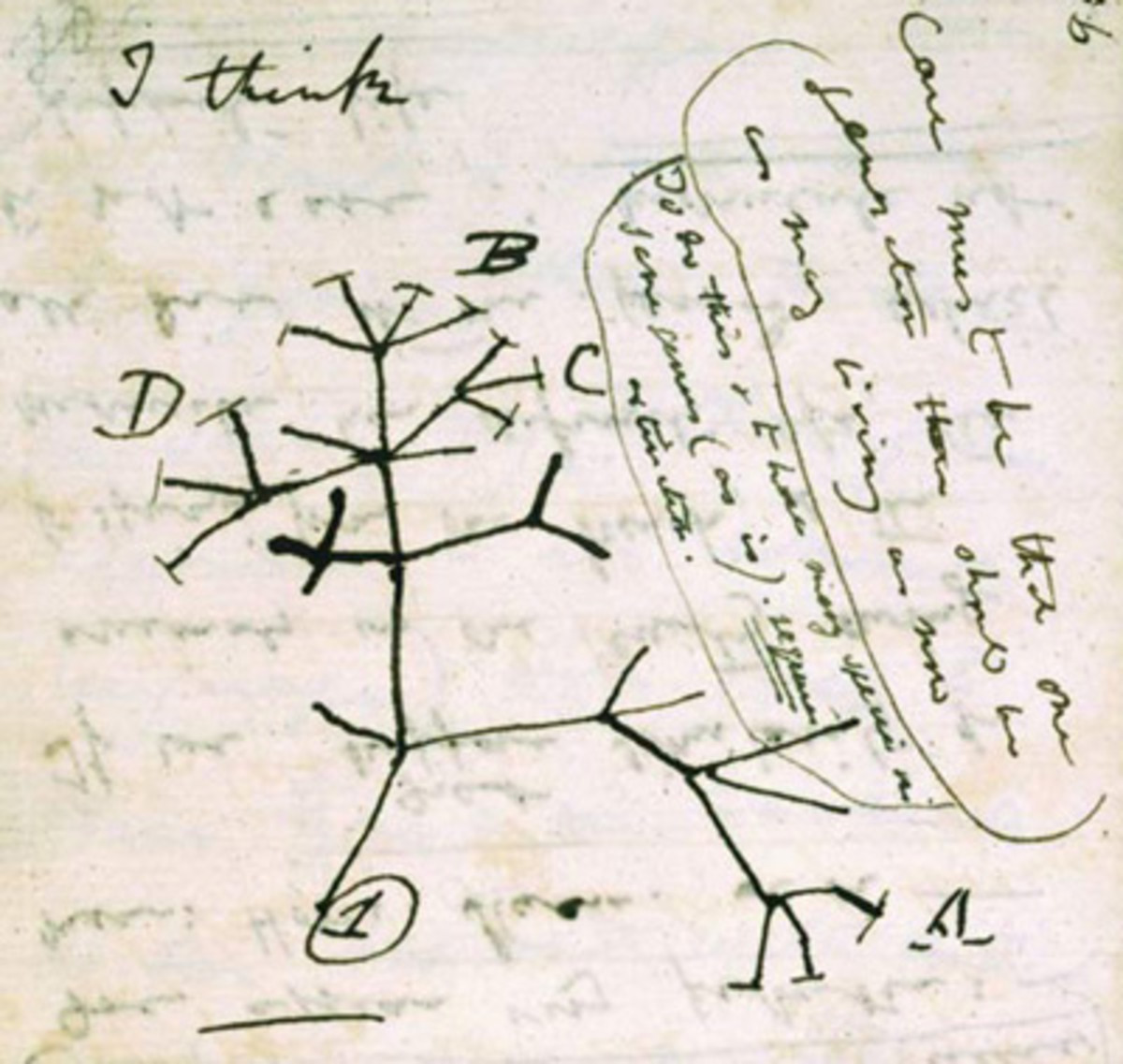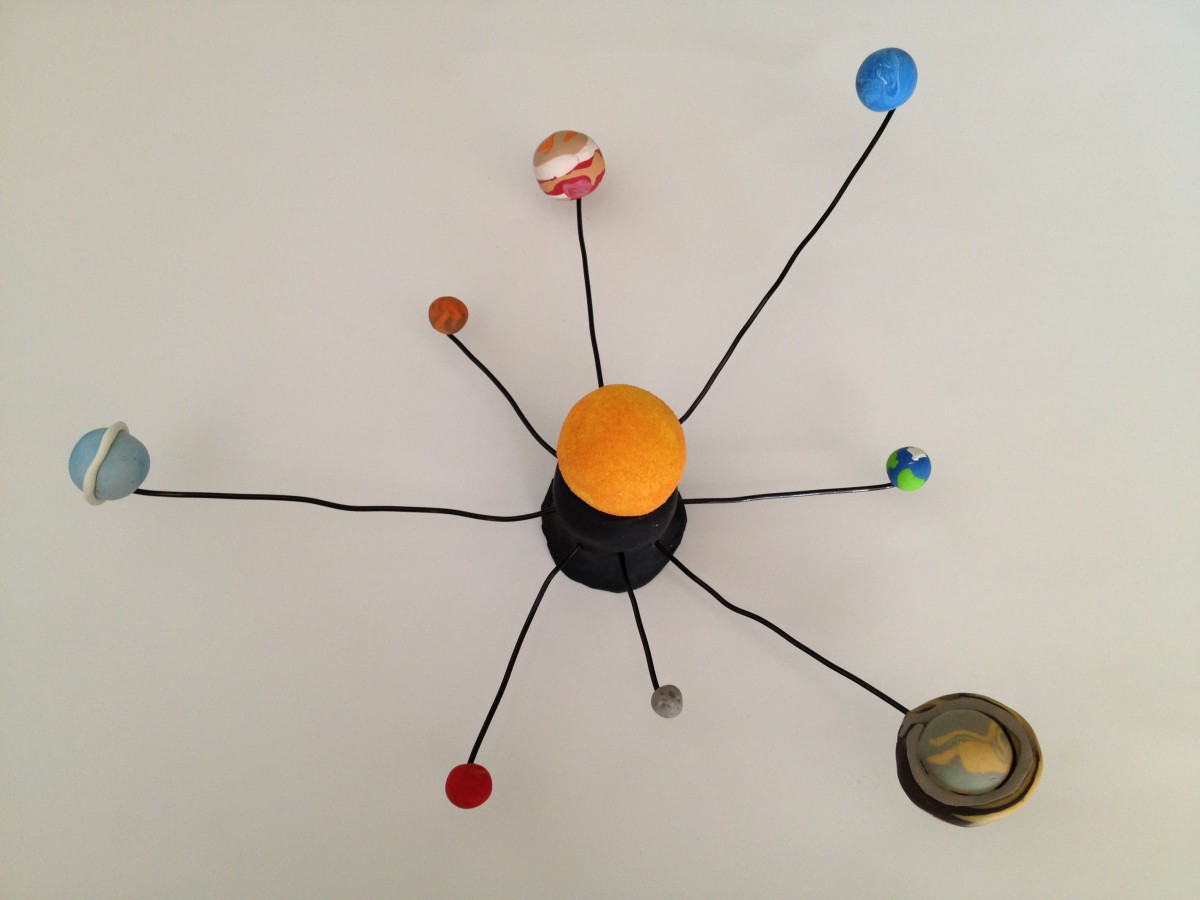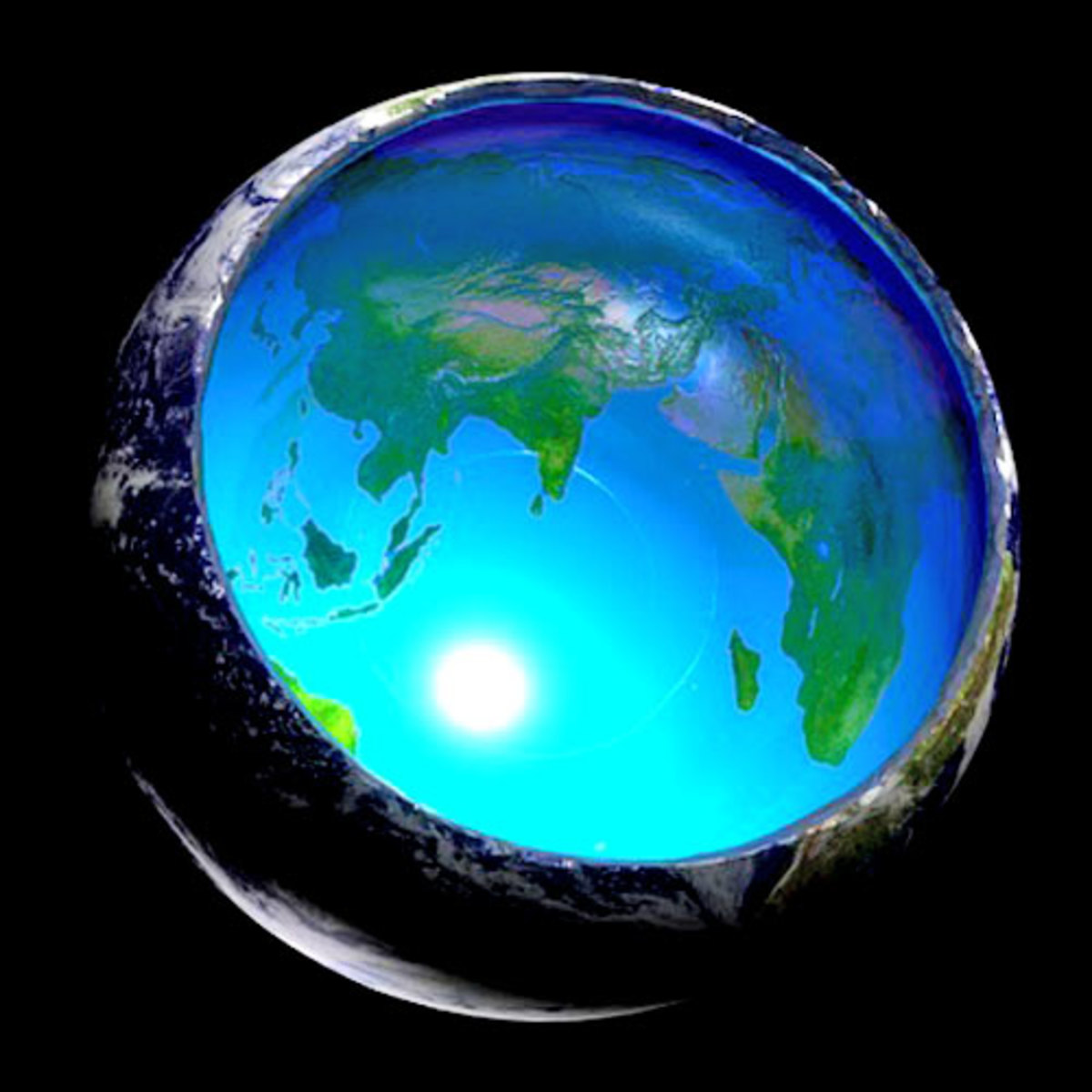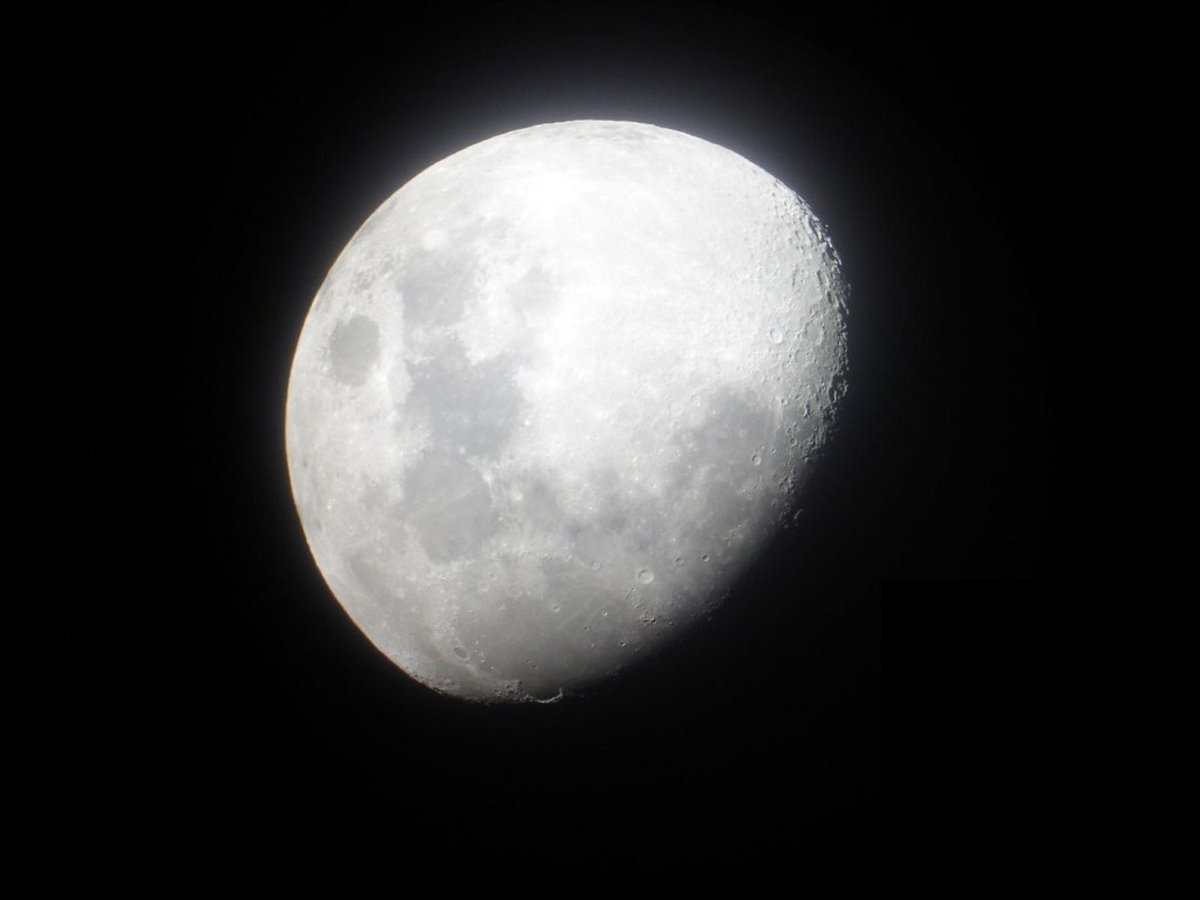The Proverbial "Chicken or the Egg."
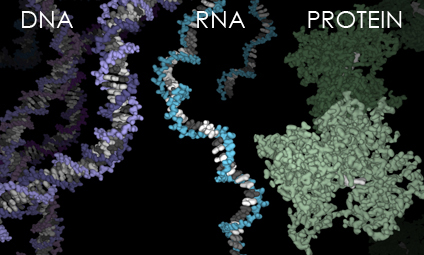
Introduction:
As long as human life exists, we will always question the origins of how life began. For thousands of years, many cultures and societies have sought answers through religion. But as science has developed, we are more equipped with the opportunity to discover more evident answers. Although it may all reside within theory, it's essentially no different than accepting what is written in scripture composed thousands of years before our own time, before we had any acknowledgement of what the stars in the sky really were or that other planets existed. Before the heliocentric model of the solar system was even proposed and presumably the Earth was the center of all that existed. I myself, am quite comfortable knowing that with science there is conceivable evidence as a result of the scientific method approach.
The Flourish of Life
In the early time of planetary formation the solar system was still metaphorically being "cleared" of debris. Massive asteroids were attracted by gravitational pull to the early planets, resulting in frequent impact. Some of these impacts were tremendous enough to change the entire surface of the planet, melting it back down to it's magma/lava state. It is quite possible and generally hypothesized that life may have risen many times in Earth's history, but was destroyed during these impacts.
Inevitably, as you might remember I mentioned in a previous Hub, after the last period of heavy bombardment life would have been able to advance and transform, but would unfortunately still have been subject to localized extinction events. In order for life to have spread across the planet rapidly enough to avoid localized extinction, it would have had to have been evolved to a point where it could replicate, and pretty quickly at that.
First Of All, What is Life?
Initially as humans, when we define the word "life", we generally refer to what is around us that we can see, plants and animals. But as the history of life teaches us, not only did life begin as simple celled organisms (bacteria, archae, microorganisms), we as humans today are riddled with bacteria and couldn't likely survive with out some of the vital functions our bodies undergo because of it. Hundreds of types of bacteria make metabolism possible. With out metabolism, we couldn't sustain energy much less digest the food that gives us the energy. This same bacteria trains your immune system and contributes signals for the development of your body. We assume that bacteria is merely apart of our life, but in contrast, we seem to be merely apart of the bacterial world.
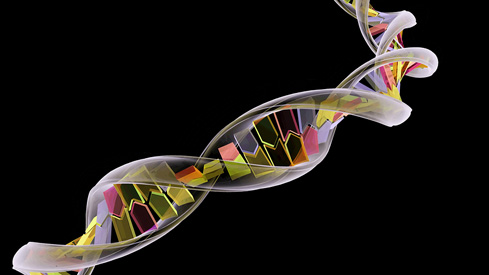
RNA World
DNA is the back bone, or basic building blocks for life, as you should all know. It contains all of our genetic material and determines who we are physically. But some scientists now believe that in early cellular life, RNA was the prime storage for genetic material, while also acting as a catalysts for chemical reaction. The discovery of ribozymes proved the feasibility of this hypothesis in conjunction with the fundamental properties of RNA. For example; in metabolism, ATP (energy storing molecule) and adenine nucleotides of RNA synthesis are fundamentally the same thing. Also, "ribosomes" are essentially ribozymes, not protein enzymes. But since RNA is so delicate in structure and can spontaneously fall apart in water (if you wait long enough) or even degrade quickly in the presence of certain metal ions and minerals, it is not ideal for long term storage of the cells crucial information. This is where the slight chemical change or (evolution) comes in. Because of the small chemical change in DNA (the substitution of Thymine rather than Uracil), DNA is 10 million times more stable.
Something from Nothing?
All living cells have the following components;
-Genetic material. DNA in modern cells, RNA in earlier cells.
-A cell membrane. Protects the material within the cell and allows nutrients to enter and byproduct to depart.
-Cytoplasm. Which is the majority of the cell's volume.
All of these could have risen via non-living components.
Every example of early life and current life that we are knowledgeable of, could not exist with out water. Every theory of early life involves mineral rich water that consists of salts and organic molecules. The cell membrane would have enclosed some of this water and the process we recognize as evolution would later make it possible for cells to become more complex. Hence, cytoplasm. In contrast, many different structures could have permitted the formation of the first cell membrane. Essentially, any small, naturally occurring "bubble form", might have provided a surface that would allow the membrane to form. Sea foam is a widely accepted hypothesis, as well as water droplets or bubbles in soft clay. Even the bubbles that form in volcanic pumice.
Don't worry I haven't forgotten about genetic material.
In 1953 Stanley Miller and Harold Urey created an environment in which water vapor, methane, ammonia, and hydrogen gas were mixed. When exposed to electrical discharge over a duration of a few weeks, the gaseous mixture was able to produce over half of the amino acids as well as sugars and hydrocarbons, that are necessary for life on Earth. The results of this experiment were substantial because it proved that living organisms could theoretically arise from non-living components.
Citations
A big thank you to Dr. Jack Szostak of Harvard University for his exceptional insight on the RNA World theory.



